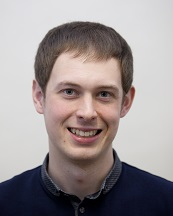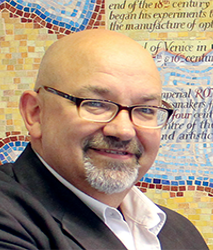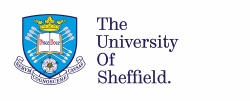Personnel involved in the FPeT project
The following is a list of the invesitigators on the project

Principal investigator
Martin Foster is Professor in Energy Conversion and Storage in the Electrical Machines and Drives Group at the University of Sheffield. His primary research interests are in the field of power electronics and energy storage. Much of his work has been presented at conferences and published in leading international journals.
His research interests cover a range of interdisciplinary themes centred on power electronic systems. They include include resonant converters using both traditional magnetic resonant tanks and piezoelectric transformers (Grant: FPeT £600k, 2017) and lately high frequency supplies for chemical species selective reactions (Grant: Targeted waveform plasma reactor £980k, 2019). Notable successes in the field include the development of a design criterion for efficient piezoelectric transformers and a thorough exploration of the geometry requirements for transformers.
Work on impedance sensing and system modelling has been applied to several areas. With converters, it has driven the evaluation of piezoelectric transformer design and it is an enabling technology for the chemical species selection. In addition, it is the primary enabler of work on sewage sensing (Grants: Hydro Intl £200k, 2019; NBIC £50k 2020) which focusses on early detection of sediment build-up, examining the chemistry during destructive testing of electrochemical cells and producing accurate dynamic thermal models of power electronics.

After graduating with a PhD, he joined the University of Sheffield as a member of academic staff in the Electrical Machines and Drives (EMD) Group where he has been working to date, having been promoted to Professor in 2013.
His research interests include power electronics and energy storage, and currently, through CREESA, the research group operates the largest grid-connected lithium titanate electrical energy storage system in the UK.


Derek is a recognised for his ability to probe the structure (crystal and defect)-composition-microstructure-property relationships of a wide range of functional oxides, spanning from superconductors to dielectrics via mixed conductors and solid electrolytes.
